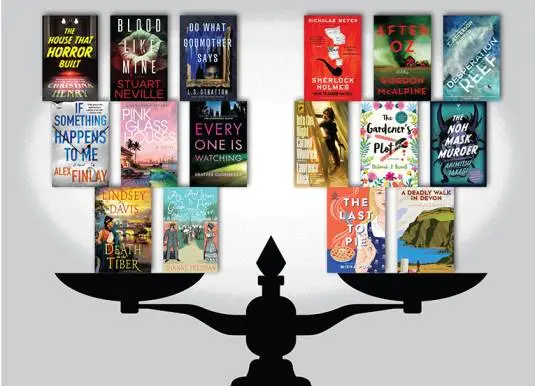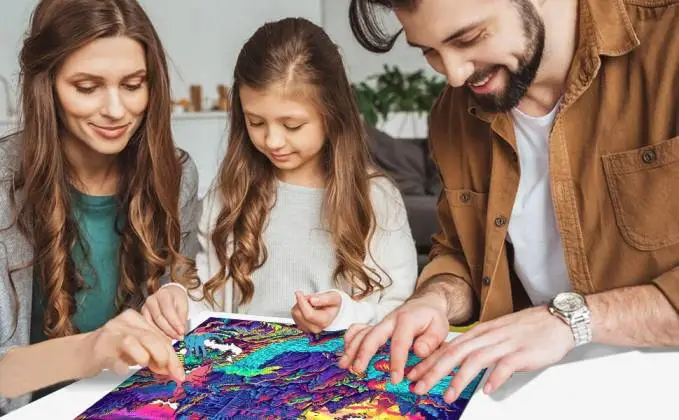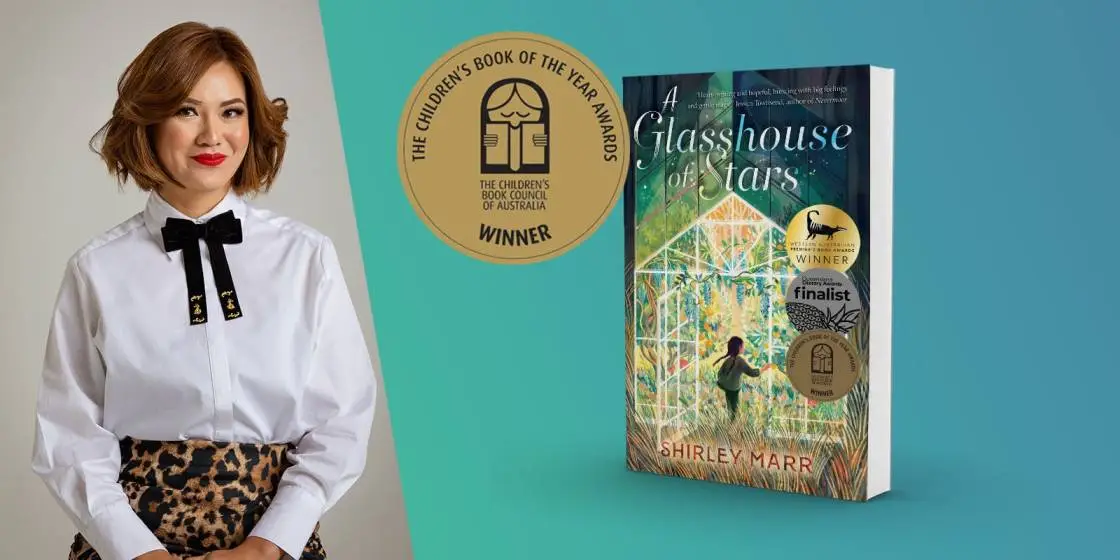Young BFFs, Looking for Likes in All the Wrong Places

All hail the best friend! That person we confide in and listen to without fear or judgment. The one with whom we share in-jokes. The one who holds our hand, metaphorically and sometimes literally, through the murky patches. As the cliché goes, we don’t always know where this person ends and we begin. During a time of insecurity, surging hormones and confusion about who we are (I’m talking about adolescence, though it can go on forever), the best friend may be the most stabilizing force in our lives. Pinky swear.
But what happens when one of us is no longer on such firm ground? What if one of us is hurting and the other doesn’t want to see it, or can’t? How do we know who we are without this person who has been our other half for so long?
These are some of the questions raised in Abby Sher’s new novel, MISS YOU LOVE YOU HATE YOU BYE (Farrar, Straus & Giroux, 304 pp., $17.99; ages 12 to 18), whose title evokes the highs and lows of one of the most powerful relationships there is.
Zoe and Hank (a nickname Hannah tells us Zoe created for her “because she said it gave me more personality”) met as babies and sealed their together-foreverness in a kindergarten pact of “undying bestfriendhood” initiated by Zoe, the one who “brought the party with her.”
Hank, in comparison, is “mildly awkward with grand intentions,” or at least that’s how she sees herself: the sprawling, loose-limbed giant to Zoe’s tiny, green-eyed perfection.
Hank wants to be Zoe. “In seventh grade,” she admits, “when I was developing faster than Zoe, I even shaved my lady parts, so we’d look the same down there.” She settles for being Zoe’s best friend.
The first day of junior year brings the two back together after nearly a summer apart, and things are suddenly very different. Zoe’s parents have split, while Hank is still grieving the death of her father nine years earlier and concerned about her mother’s increasingly serious boyfriend.
Zoe is also smaller than ever — wearing shorts from first grade — and hyper in a way that verges on manic: feeding herself with social media likes from people she doesn’t know, when she’s not working out at the gym or impersonating the life of the party among new, more popular friends. She doesn’t seem to be eating. There are strange scratches on her arms and wrists.
Hank doesn’t know what to do, so she passively goes along with her old friend like always — until she can’t.
Sher is a funny, witty writer, and her prose feels emotionally true. In fact, she has struggled with her own eating disorder, and, as she wrote in this newspaper, with her duplicity toward friends who tried to help: “The human mirrors in my life were out to get me too — the friends who took me aside and asked why I never ate anymore; why I was sharp and bony and always running. I gave them my best lies and brightest smiles, cursing them under my breath.”
“Miss You Love You Hate You Bye” alternates between the letters Zoe sent Hank from rehab and Hank’s view of how she got there — a structure that reflects their connection and illustrates how hard it can be to disentangle from someone.
Neither character is idealized: Zoe’s illness keeps her from being her best self; Hank’s unrealized potential keeps her in the role of follower for too long.
Best friendship is one of the few antidotes to the way society punishes women — for how they look, the kinds of attention they want and get, and what they do or don’t eat.
When the friendship is good, it’s a way we feed ourselves and become whole. But sometimes, as Sher’s novel gracefully demonstrates, we have to find the strength to step away from it to become the person we truly need to be.




